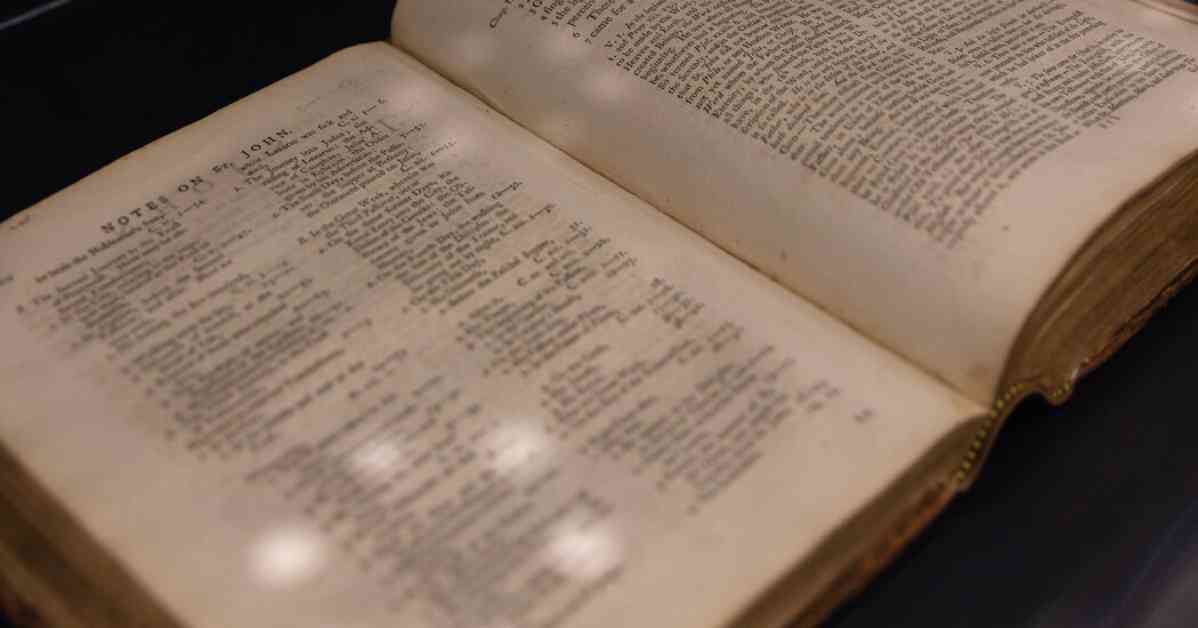The Oklahoma state superintendent recently announced a mandate that requires public schools to teach the Bible, sparking controversy and pushback from critics concerned about religious freedom. The guidance issued by Ryan Walters, the Republican state superintendent, outlines that every teacher must be provided with physical copies of the Bible, the United States Constitution, the Declaration of Independence, and the Ten Commandments.
This directive, which was introduced about a month ago, emphasizes the importance of teaching the Bible in schools and aims to highlight its historical context, literary significance, and influences on various aspects of culture, such as art and music. The guidelines also specify how the Bible should be incorporated into different subjects and grade levels from five to 12.
Despite the superintendent’s efforts to promote the teaching of the Bible in public schools, there has been significant resistance from school district officials and others who argue that the mandate violates the religious freedom of students and teachers. Some districts have openly defied the requirement, leading Mr. Walters to address the issue on social media and emphasize the importance of adhering to state educational standards.
In response to the criticisms, the guidance provided to teachers includes instructions on integrating the Bible into their lesson plans. Teachers are encouraged to explore how the Bible has influenced Western concepts of justice, historical documents like the Declaration of Independence, and even speeches by prominent figures such as the Rev. Dr. Martin Luther King Jr. Additionally, teachers are expected to discuss biblical references to illustrate literary techniques like allegory and metaphor.
The controversy surrounding the mandate highlights the ongoing debate about the role of religion in public education and the extent to which religious texts should be included in school curriculum. While some view the mandate as a way to uphold traditional Christian values in American society, others argue that it infringes on the separation of church and state and could potentially marginalize students from different religious backgrounds.
As the debate continues, it is essential for educators, policymakers, and community members to engage in constructive dialogue to ensure that the teaching of the Bible in public schools is done in a way that respects the diverse beliefs and values of all students. By promoting inclusivity, understanding, and critical thinking, schools can create an environment where students can learn about different religious traditions and perspectives without feeling marginalized or excluded.


















